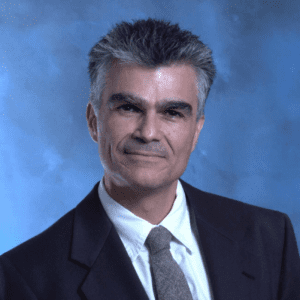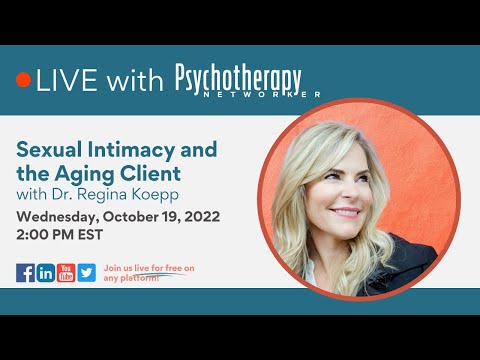It’s commonly suggested that depression results from seeing reality too clearly. Repression, denial, and humor grease the social wheels and lead us to put a positive spin on the behavior of those around us.
This may be why humans have so few networks dedicated to self-insight and so many ways of distorting reality in their favor. It’s a reflex of the social brain to attend to the mote in our brother’s eye and not to the beam in our own.
Take mirror neurons, for example. Mirror neurons are neurons in the premotor regions of our frontal lobe that fire when we observe someone engaging in a specific behavior. Some mirror neurons are so specific that they fire only when an object is grasped at certain angles by particular fingers.
Mirror neurons link observations and actions, allowing us to:
- Learn from others by watching them
- Anticipate and predict others’ actions and
- Activate emotional states supportive of emotional resonance and empathy
All three of these functions support group cohesion and the spread of culture, but do little to foster introspection.
Based on our neural architecture and everyday human behavior, self-awareness and personal insight don’t appear to have exerted a strong pressure on natural selection. In fact, self-awareness may have been selected against, because it can lead to hesitation, self-doubt, and demoralization.
Self-deception increases the likelihood of successfully deceiving others. If we believe our own confabulations, our unconscious brain is less likely to give away our real thoughts and intentions via nonverbal signs and behaviors.
Because we have these built-in information-processing biases, the most naïve observer can see things about us that we may be blind to ourselves. In psychotherapy, we provide our clients not only with interpretations, clarifications, and reflections, but also with an alternative perspective (our own), which they can utilize to help discover themselves.
Louis Cozolino
Louis Cozolino, PhD, is Professor of Psychology at Pepperdine University and has a private practice in Beverly Hills, CA. He is the author of The Healthy Aging Brain, The Neuroscience of Human Relationships. The Neuroscience of Psychotherapy and The Making of a Therapist. Dr. Cozolino is an expert in neuroscience, social brain, stress and trauma. He has conducted research in the areas of schizophrenia, child abuse, the impact of stress, the biobehavioral sciences and psychotherapy.













